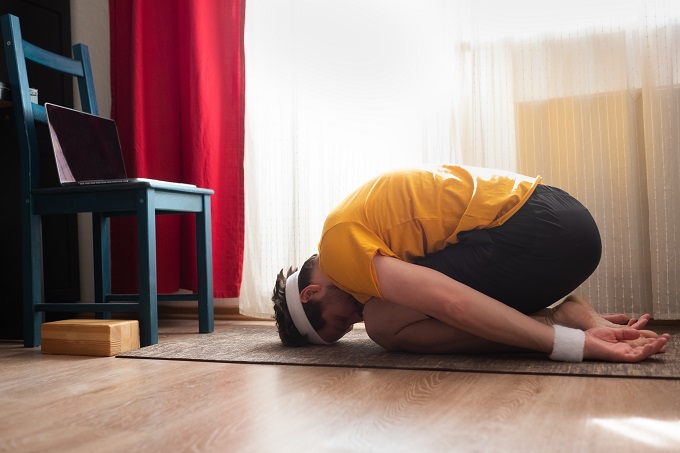Healthy brains in isolated times
Opinion: As we adapt to a new way of living, David Moreau offers five easy tips to help minimise the impact of social distancing and self-isolation on our brains.

Keeping our brains sharp can be challenging given current measures of self-isolation and social distancing.
Our surroundings may not be as stimulating intellectually as they usually are, and our good, healthy habits are being increasingly disrupted.
There are, however, a number of evidence-based recommendations that can help minimise the impact of this unprecedented situation on our brain fitness. Here are five easy-to-implement tips to look after our precious brain cells from the comfort of our homes.
Challenging activities
One crucial aspect in the current situation is to keep our minds engaged with interesting and challenging content. Although so-called brain-training apps available on computers and other devices are now a billion-dollar industry, dedicated brain training software is often unnecessary as challenges are all around us—from demanding work assignments to reading or playing musical instruments. Here, the key is to accept having to build skills from the ground up, in activities within which we have little experience. Picking up a new language or a new instrument, taking on new responsibilities, or simply brushing up on long-forgotten high-school math with our children are all powerful ways to stimulate our brain cells.
Physical exercise
Perhaps counterintuitively, one of the best ways we know to take care of our brains is to look after our bodies, especially via physical exercise. Exercise helps us keep our cognitive performance at its best, and is associated with decreased risk factors for a wide range of neurological diseases. And it need not be long and cumbersome—recent evidence in our lab has shown that the effect of short bursts of exercise on brain functions such as memory, attention, or reasoning can match or even surpass long forms of exercise, provided they are intense enough. If motivation is lacking or if you prefer your workout to be guided by a professional, there are plenty of online resources that can help; check out for example the FitnessBlender and SELF channels. Some workouts are even designed to be a fun family activity—see for example this YouTube channel.
Reduce stress
Easier said than done, especially in times of increased uncertainty, yet keeping stress levels low should be a priority at the moment. Decades of research shows that chronic stress destroys brain cells and prevents us from using our minds at full capacity. One of the best ways to reduce stress is to allow yourself to do what you want to do (perhaps watching online shows, or listening to music) rather than what you think you should do (for example, work, chores), so that you can reward yourself with quality time. Nobody knows you better than yourself—do what helps you, even if it’s not mainstream or backed up by evidence. And of course, don’t forget the classics, yoga and meditation, which are known to help reduce the impact of stressful events. Here too, there are excellent resources available online; I’d recommend this series of yoga workouts and this meditation session. Headspace also has a number of guided meditations available, including numerous free ones.
Stay social
Engaging with the social community is one of the most effective ways to keep our brains sharp and healthy. This is irrespective of age: social interactions help our little ones develop properly and better understand the world around them, act as natural enrichment of our environments by keeping us all on our toes for new stimulating situations, and help stave off dementia and other neurological diseases in old age. Though opportunities for face-to-face meetings are going to remain limited for the near future, this could be an opportunity to reconnect with family or friends, either in person if they live in the same household, or via online meetups. Perhaps this can even be the beginning of regular online gatherings that last long after self-isolation is over!
Keep healthy
More generally, everything we know about how to stay healthy generally applies to the health of our brains—from getting enough sleep and sticking to routines to eating well and getting enough fresh air. Now more than ever, take care of yourself, and listen to your body—your brain will thank you!






